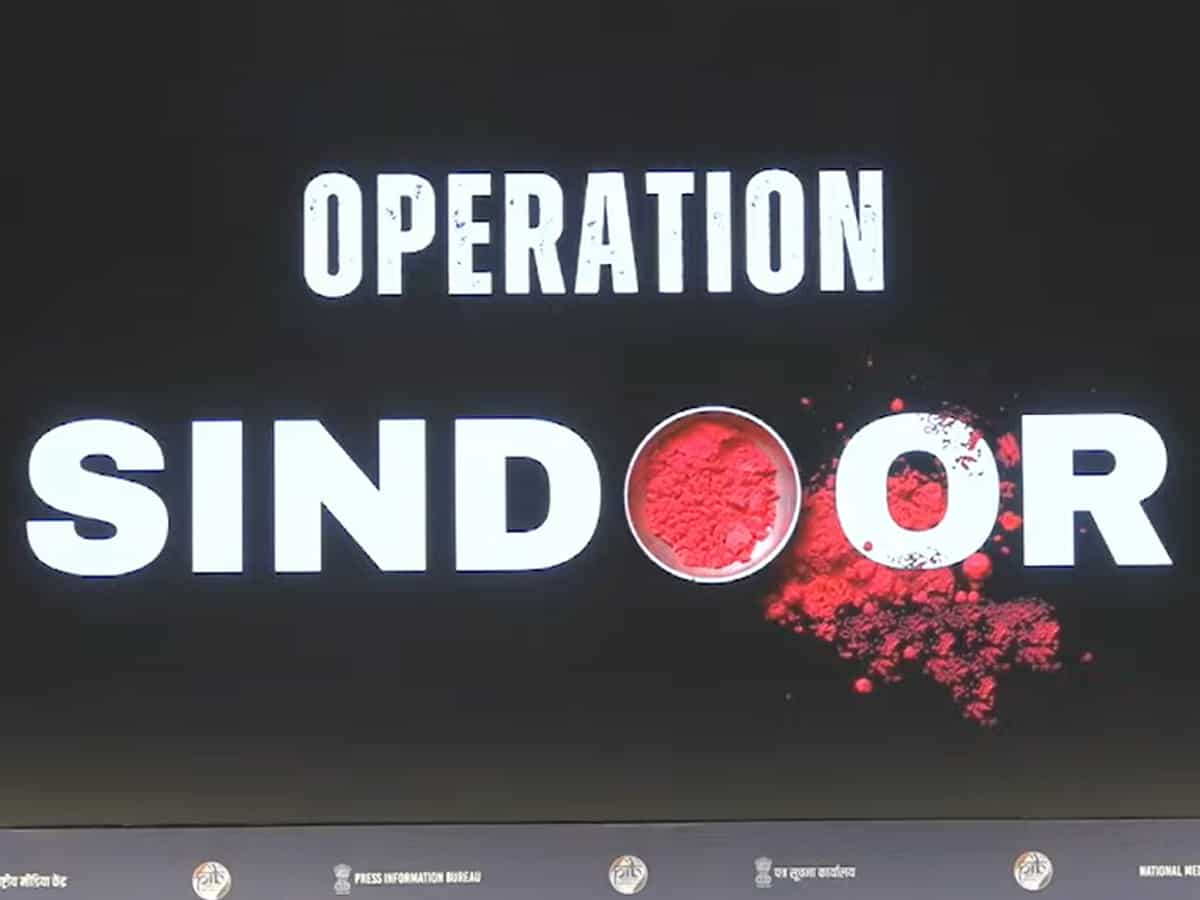India’s firm yet measured response to the recent terror attack in Pahalgam has drawn widespread international support.
Operation Sindoor, which was launched after the April 22 Pahalgam attack that killed many innocent civilians in Jammu and Kashmir, has been widely acknowledged as a justifiable act of self-defence rather than aggression.
Among the first to voice support was the United Kingdom. Foreign Minister David Lammy stated that India had every reason to be outraged, while former Prime Minister Rishi Sunak asserted that no country should tolerate cross-border terrorism.
Russia also expressed concern about the military escalation, but made it clear that it condemned all forms of terrorism and called for restraint from both India and Pakistan.
Israel strongly backed India’s stance, with its ambassador stating that “terrorists have no sanctuary” and supporting India’s right to defend its citizens. The European Union, along with all 27 member states, issued a unified and strong statement denouncing the attack and affirming India’s right to respond. France, the Netherlands, and Japan echoed similar sentiments.
The United States, while initially cautious, eventually aligned with the broader international consensus. President Donald Trump expressed solidarity with India, emphasizing the country’s sovereign right to combat terrorism while also encouraging diplomatic efforts to avoid further escalation. U.S. Vice President JD Vance, however, adopted a more measured tone, stressing that while the U.S. urges de-escalation, the conflict remains a regional matter. “It’s not America’s war,” he said, “and it’s not something we can or should try to control.”
During Prime Minister Narendra Modi’s recent visit, Saudi Arabia strongly condemned the Pahalgam attack and reaffirmed its solidarity with India.
Both countries rejected any justification for terrorism based on religion and stressed the need to dismantle terror networks and prevent cross-border attacks.
The United Arab Emirates, Iran, Qatar, and Bangladesh also backed India’s position. While the UAE and Qatar urged restraint, they unequivocally rejected terrorism in all forms.
Iran emphasized the importance of peace but declared that targeting civilians is never justifiable.
Bangladesh, highlighting its zero-tolerance approach to terrorism, supported India’s right to protect its people.
Significantly, Panama—currently a member of the United Nations Security Council—also supported India. It recognized New Delhi’s legitimate right to counter terrorism and called for a unified international response to such threats.
India has maintained that Operation Sindoor was not an act of retaliation, but one of defence.
The operation was executed with both restraint and resolve, aiming to safeguard Indian citizens and avoid wider conflict.
Global leaders have acknowledged that India did not strike first but responded decisively to a terrorist provocation.
Anurag Dhole is a seasoned journalist and content writer with a passion for delivering timely, accurate, and engaging stories. With over 8 years of experience in digital media, she covers a wide range of topics—from breaking news and politics to business insights and cultural trends. Jane's writing style blends clarity with depth, aiming to inform and inspire readers in a fast-paced media landscape. When she’s not chasing stories, she’s likely reading investigative features or exploring local cafés for her next writing spot.






